Future State: How Deus Ex Machina designs for lifestyle
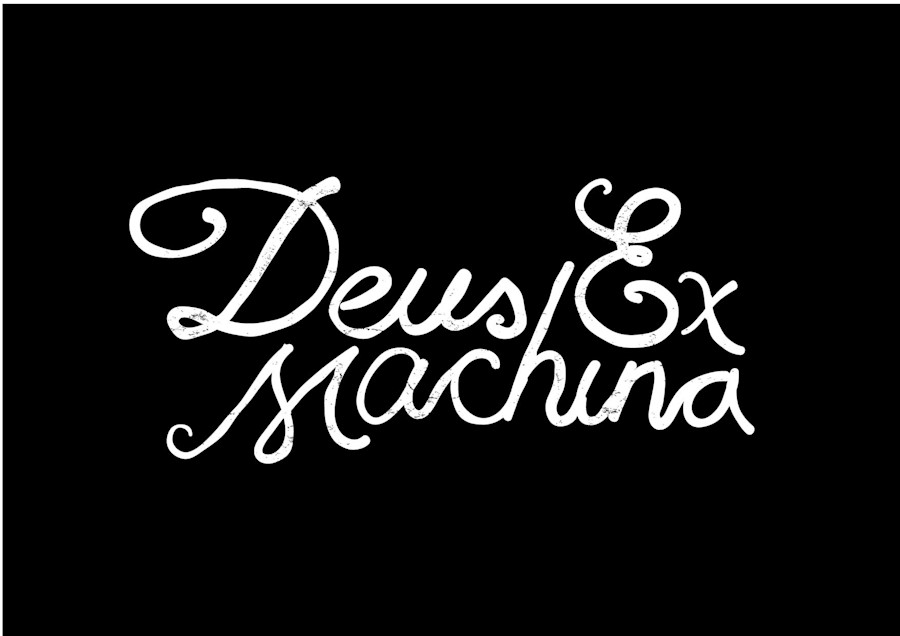
Carby Tuckwell lives in Sydney and is the creative director and co-founder of lifestyle brand Deus ex Machina. He asked me not to call it a lifestyle brand, but 'international motorcycle, surf, snowboard, apparel, coffee and music empire' was too long and he said there were no alternatives, so here we are.
Tuckwell agreed to talk to me after being stuck in traffic for two hours and still kept it cool. I guess that's why Deus is worth so much money. So keep reading to learn some hard and fast rules about running an extremely diverse operation.
Deus Ex Machina, The New York Times and many more will teach you business at Semi Permanent 2019. Tickets available here.
How is the Deus of 2018 different to that of 2006?
Philosophically speaking I hope it hasn’t differed at all. We're a lot bigger, and we have a few more commercial realities to answer to but the juice is still the same. In the beginning we didn't have a business plan, we were just working off emotion and gut-instinct, but as we've engaged with our audience over the years and observed who our customer is we've tailored it for a bit more for sustainability.
It's interesting you mentioned running off emotion and not a business plan — do you think that approach is at the heart of your success?
Yeah, pretty much. I hadn't thought about it until people started asking about how you get this far while it looks like you're just having fun. Mambo was a well oiled machine by the time Dare [Jennings, founder of the legendary surf brand and co-founder of Deus] had sold it and I was stepping out of a 120-person design agency [Moon], so for us as long as we had a good enough offering and people were having fun, that was enough. We were like arsonists, finding the driest bit of grass we could and watching the fire spread.
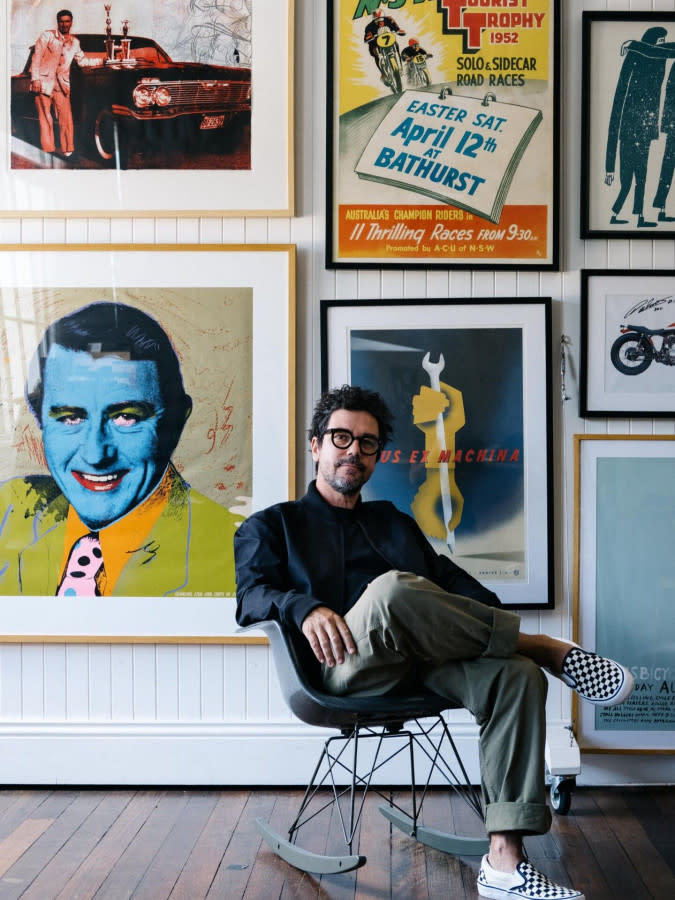
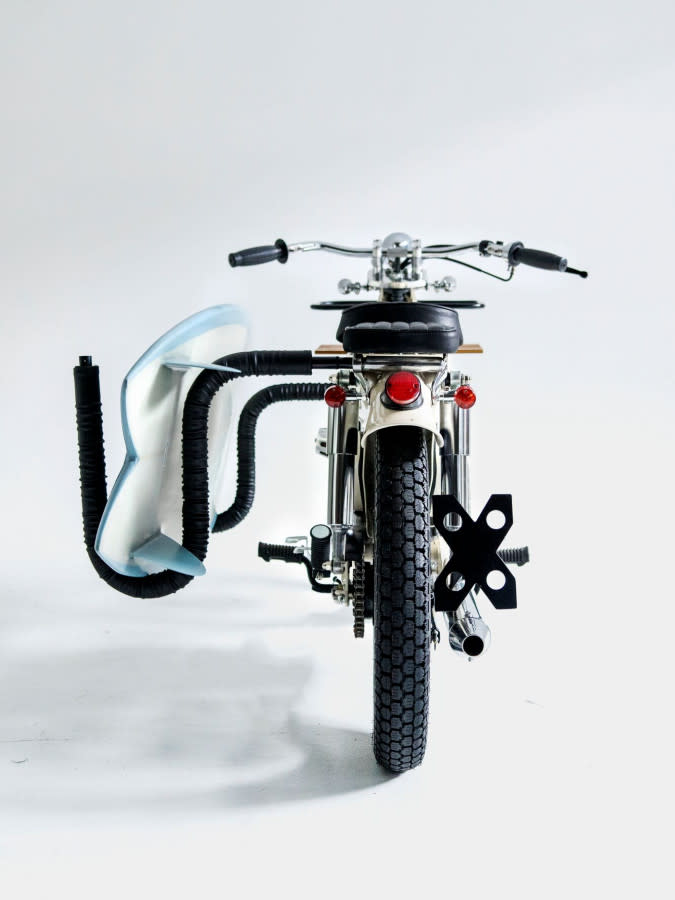
Do you think the free-wheeling design sensibility of Deus was a reaction to your time in corporate brand world?
At first it was about getting back on the tools. Starting Deus was a very cathartic experience in that I had a lot of ideas and nowhere to channel them. There was also a fascination with making apparel; I guess Mambo was one of the catalysts for this interest when I was younger — specifically the relationship between art and clothing. Coincidently I become friends with Dare in my adult life, so the opportunity of starting something new triggered a resetting of approach for me and a new challenge. But I already knew quite a lot about how the rag trade operated, the seasonality and how the market engages with brands through experience taught me that unless you zealously maintain a high level of quality to that experience you may as well start the clock on your lifespan.
How do you establish relevancy across so many verticals with authenticity?
We never started out with the aim of being exclusively a motorcycle company, it was just what we were most stoked on at the time, the growth from there was into areas that we were already interested/participating in personally
Dare has an anecdote that when he was in his twenties surfing and motorcycles were joined at the hip; you rode a bike to get to the beach. Somewhere along the way they parted, becoming fundamental religions coveting their own churches of enthusiasts so a part of Deus became about bringing them together under the same tent again. We were daily cyclists from the beginning and, for instance, when fixed-gear breached into the mainstream market we had a lot of friends who were bike couriers (and believers in our flavour of sauce) who were happy to help. Everything else has been organic; a connection thing driven by the friends and family around us rather than choosing a segment and hiring a specialist for the job.
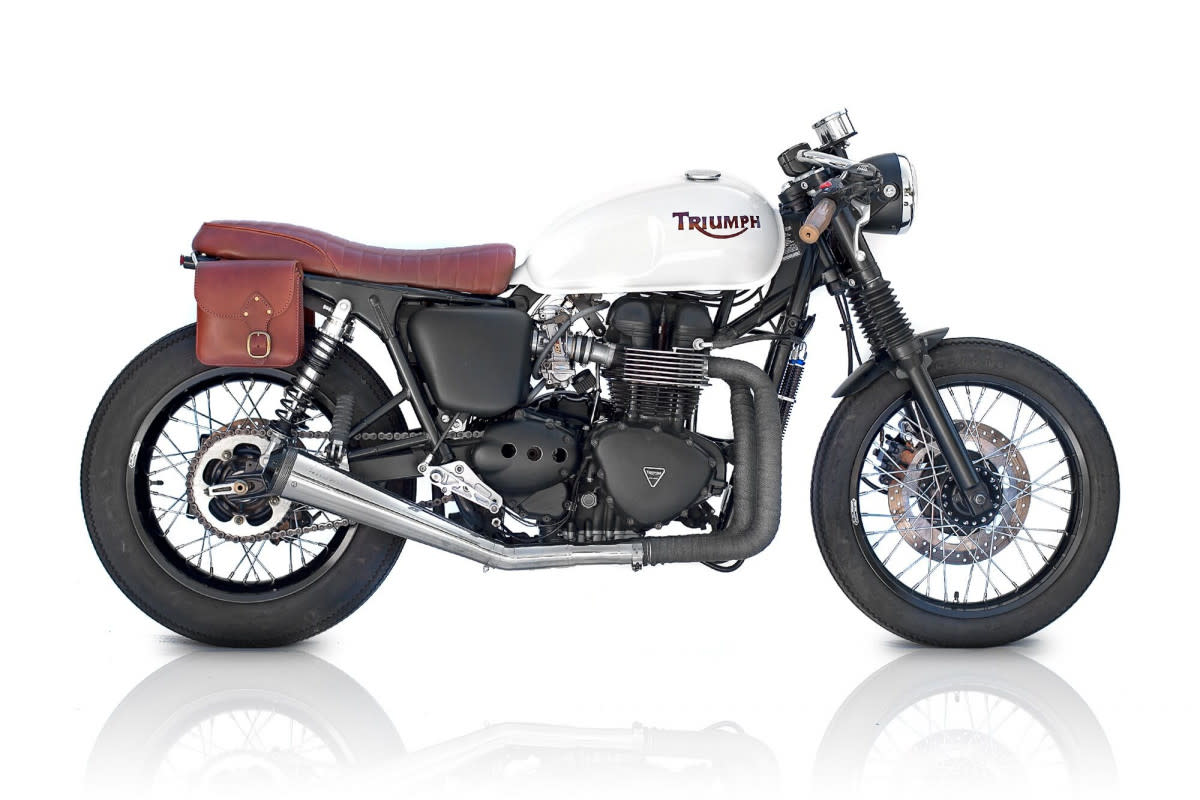
When we extend that question to international markets, is there a different process by which you learn how to do business?
It definitely changes based on the location. We never set out to make a franchise model so the propagation process and gestation of a new partner was always very carefully considered. We started with a really strong 'no dickheads' policy and kept it and each partner brings their own localised skill set. For example, Bali is a surfing Mecca, and our partner there was a surf photographer we knew really well (Dustin Humphrey), and it just bloomed from there.
It's been said that Deus isn't a brand, but a culture. Do you think it’s possible to say ‘I’m going to start a culture’ and actually do it?
That would be difficult but the question is something I think about a lot. We had the serendipity (or wisdom) to start out with our brand when there was a mob curious about the things we were interested in. It was the perfect collision of motorcycles and the renaissance of independent surf companies so we had permission to work in that space.
We've been really lucky with the people we've attracted, but vetting our partners on what they'll bring to the table is important. If there is a core enthusiasm and someone is doing it because they love it then that touches on the philosophy and culture of Deus. We're not an anti-commercial brand, but we're certainly not doing it just for the money. It's as much about having a good time.
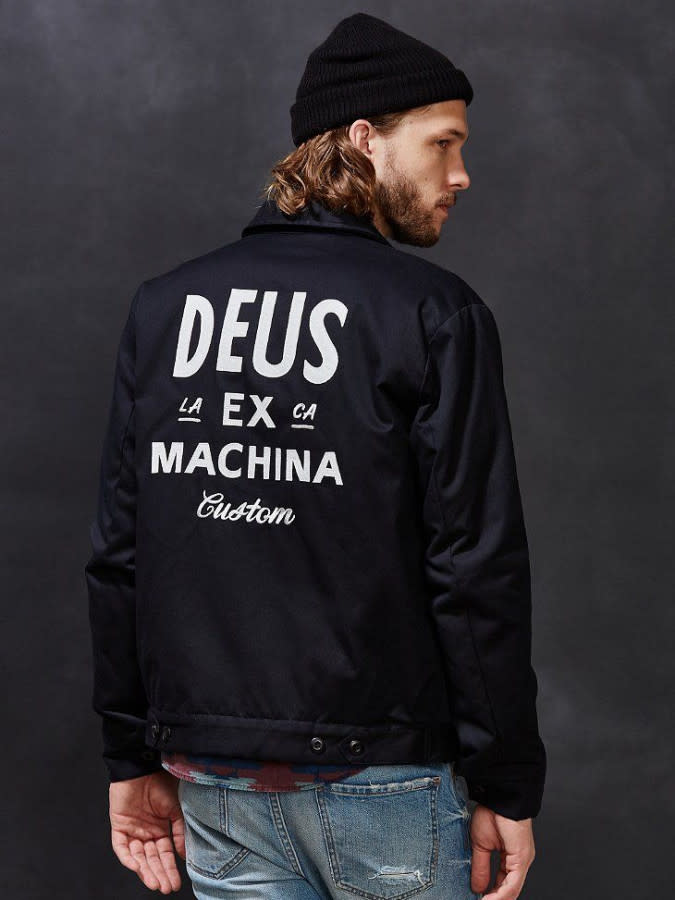
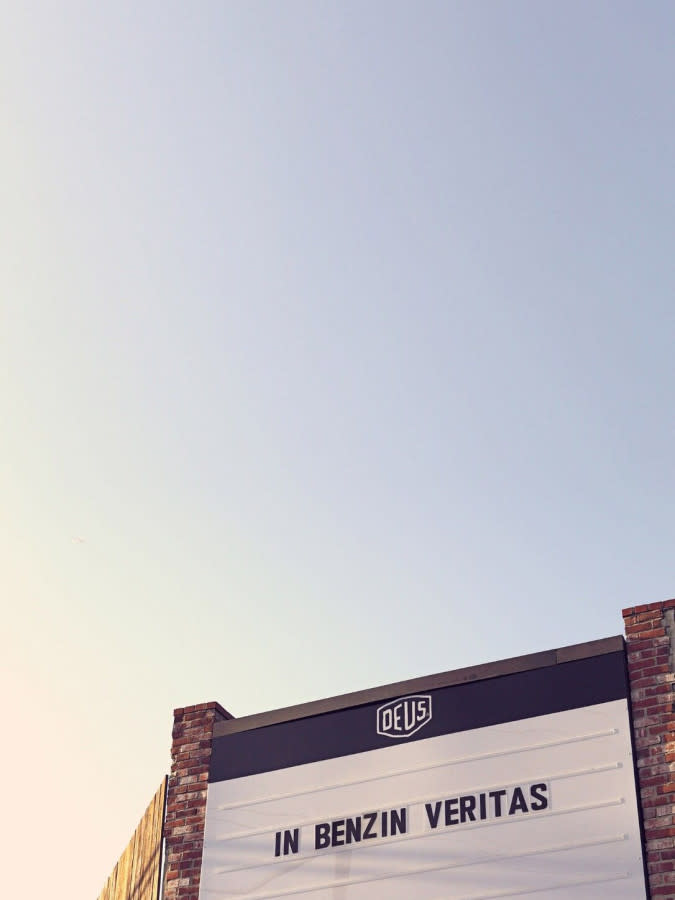
Does the increased turnover and business and bullshit of running a large company make you more conservative or erratic in a) how you design for and b) run the business.
It’s an interesting conundrum to find yourself in. You need to be cautious not to eagerly take the path of least resistance for immediate reward. And I will say the reason Deus still exists is because we didn't do that over the years; we were always about choosing the path less travelled and the least obvious solution. If you're pissing off half your crowd and delighting the other you're probably in a good place, because that sweet spot is one or two percent on either side of the middle.
Where does that leave your hiring policy?
It varies depending on the different strata you are referring to — internal and external. For direct employees you get a pretty good idea of a candidate in the first ten minutes (though hopefully they would come in through another channel, either a friend or another business we work with). The bigger decisions are when a potential business partner approaches waving a chequebook and saying 'I love what you're doing, I want to set up a flagship in…X'. You need to temper the enthusiasm and see through the ambition, because the first indication of you having a genuinely great idea is that people magnetically gather around it to tell you how they would improve it.
Our vetting procedure is to ensure that they’ve visited as many of our global flagships as possible and hung out in them for a while. Deus is not a 2 hour experience. For example, we just opened up in Biarritz, France. Our partner there is a great example because he turned up in Camperdown eight or nine years ago and just hung out in the shop and cafe every day for a week asking if he could speak to the manager. We had no active ambition at that stage about global expansion but eventually after his persistence we invited him up to the office and that relationship grew into what is now Deus France (Biarritz). But in this period of rapid expansion we’ve had to write a few provisional rulebooks and figure out how to preserve that magic juice at a more rapid pace.
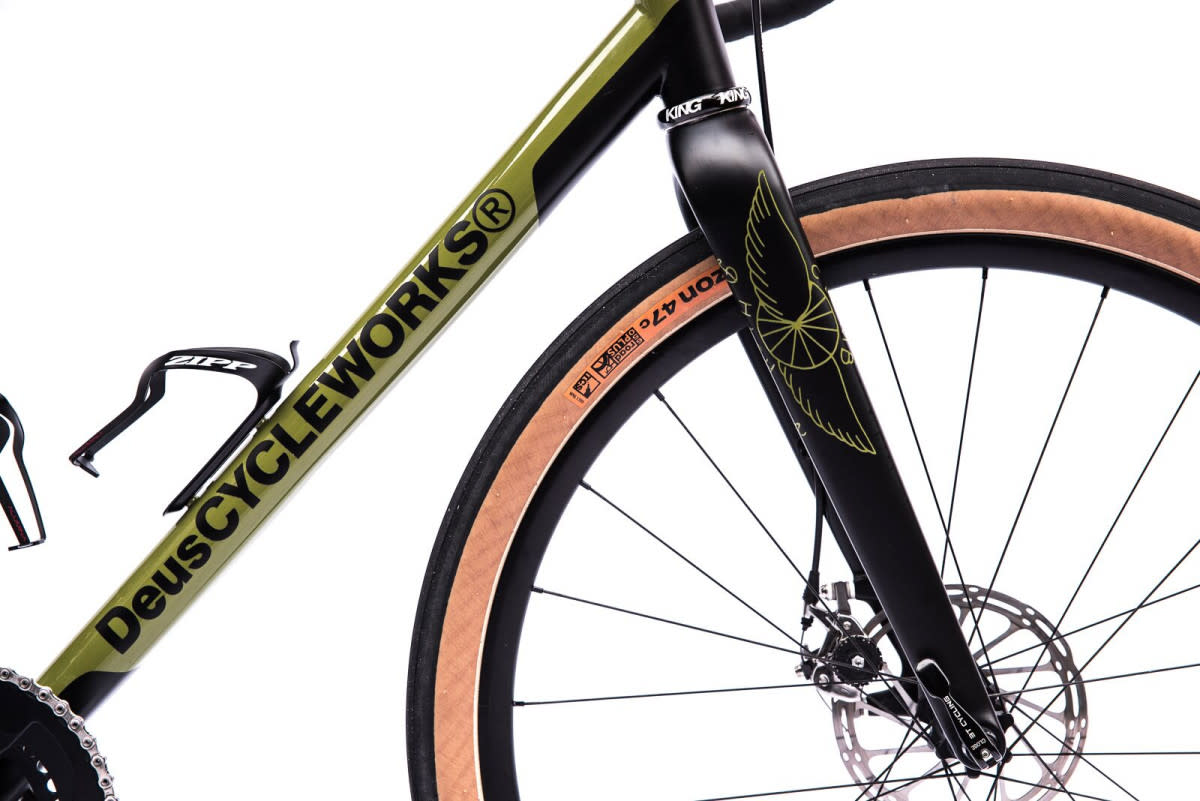
The fear is that you look around one day and realised you've built the same office you quit 10-years ago, right?
Exactly. You look around and see a water fountain in your lobby and think 'fuck!'.
What's an area you'd like to get into but haven't yet?
The next thing we’re looking at doing is in accomodation or hospitality. Not so much a city-themed hotel like The Ace (who are fantastic operators) but if we look at Deus as a curated experience, the Deus story is its own experience. So if you're visiting Madrid, which is a city we're looking at opening in, it would just be somewhere you can stay and get great advice on where to eat, drink, and do some good riding along the way.
In that case, what is something everyone should do in every city where Deus has a flagship.
Camperdown: Just up the road from Deus, the Continental Deli Bar Bistro never fails to slake a thirst or quell a hunger. Being encircled by national parks Sydney has some great driving/riding roads once you clear the burbs — head towards the trees in any direction and you’ll find some twisties.
Bali: Canggu is littered with restaurants and villas that come and go, but before they usurped the rice paddies there was only The Hotel Tugu which remains a curated sanctuary of calm darkness.
Harajuku: Tsutaya Bookstore in Daikinyama. Without doubt the best in the world. Breakfast Club for breakfast, lunch and late night tunes. Shibuya/Harajuku has hidden delights everywhere, be sure to lift up the rug for a peek under the surface wherever you can.
LA: Check the calendar to see if the Eames house is open, it’s just down the road from Venice in Pacific Palisades. Try your luck for a table at MTN on Abbot Kinney, even if its only to down a miso and a few plates of Tavis Lett’s take on a California izakaya.
Milan: Corso Como for perfectly cosmopolitan books, furniture and fashion. Visit Fondazione Pirelli museum to see the incredible archive of graphic arts Pirelli commissioned since it began, a lesson on why it is the paradigm of industrial creativity between science and art. Bar Basso for classy booze or for a great speakeasy try 1930.
Biarritz: Ride a motorbike over the border into the Basque Country for some Txakoli sparkling. Stay in Guéthary – halfway to Spain and close to good breaks.